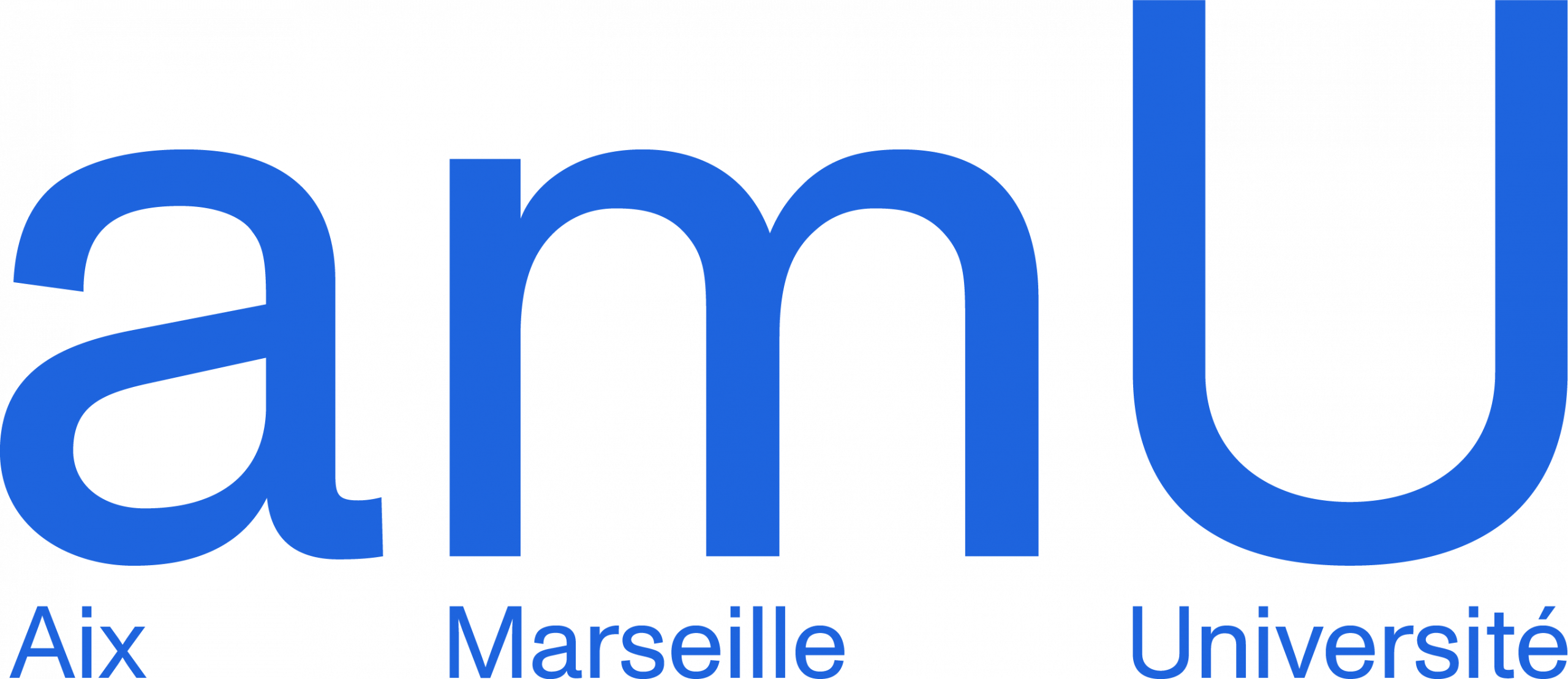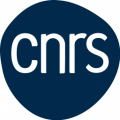As a marine ecologist, my research focuses mainly on the issue of biological invasions in the marine environment. I am interested in the ecological and/or evolutionary mechanisms that can explain the success and impact of these species transported from the other side of the Earth. In theory, these species have little chance of becoming more competitive than native species adapted to their environment, yet many of them succeed in doing so, causing major ecological and societal damages.
In addition to biological invasions, I am also interested in biodiversity in submarine caves. In particular, I’m trying to understand how the relationship between habitat fragmentation and connectivity can explain the distribution and genetic structuring of cave-dwelling species.






